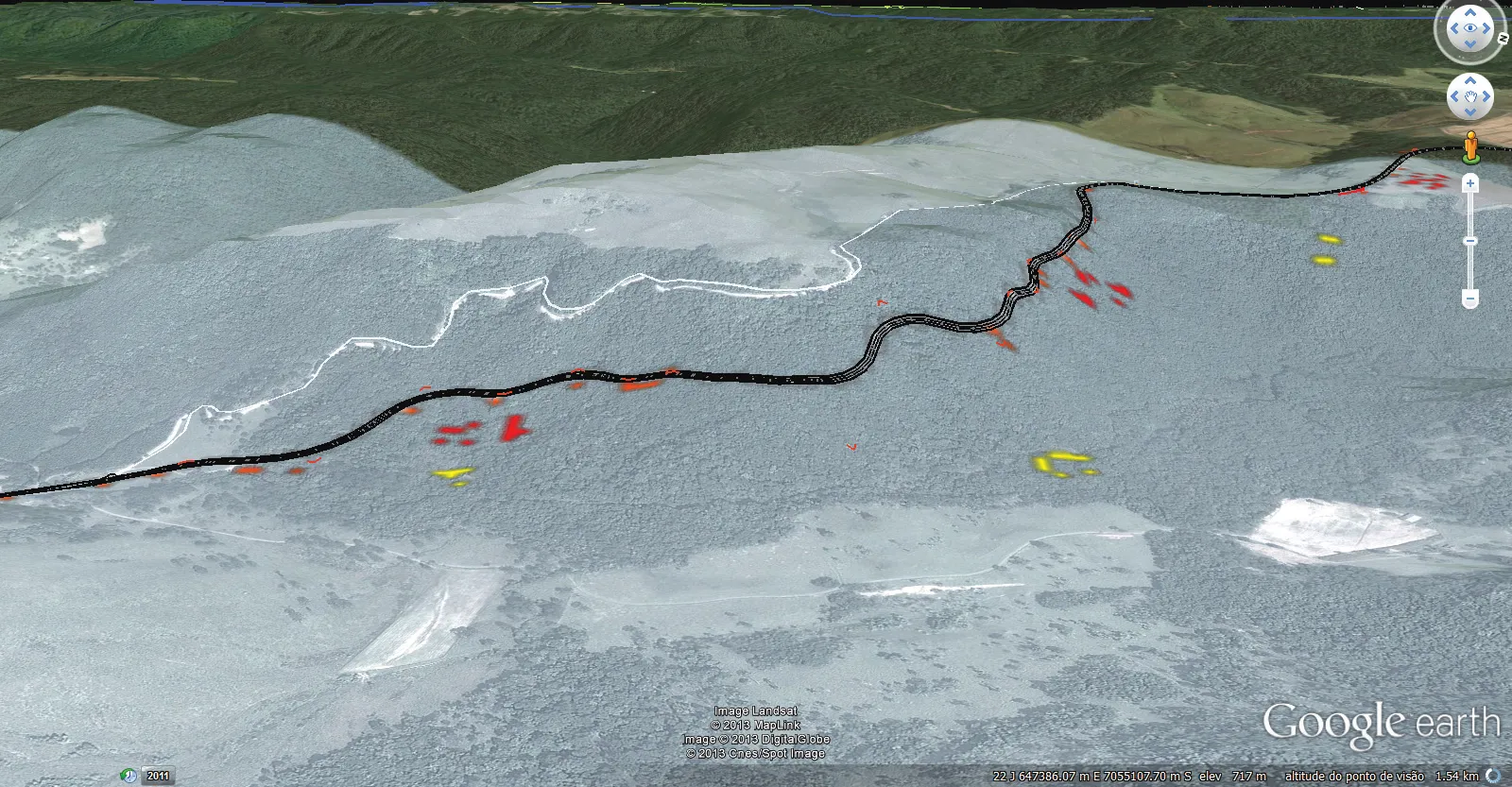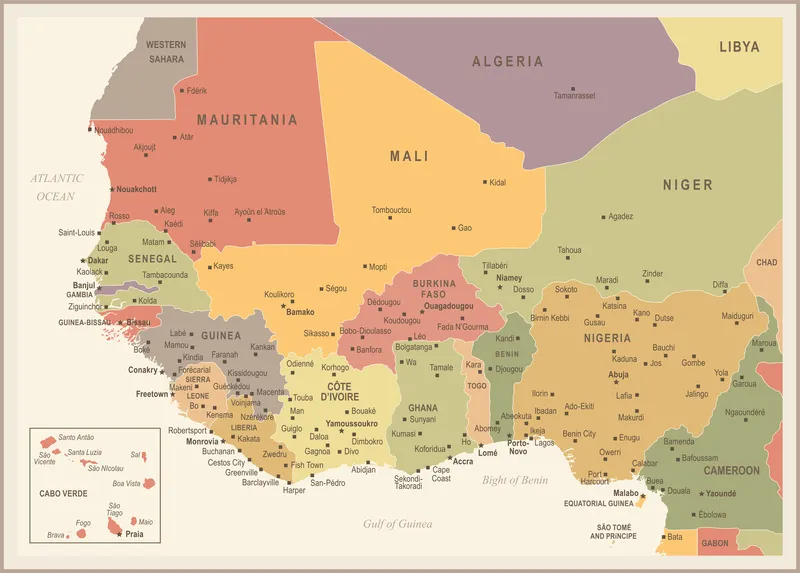In Uganda planning is underway for the upgrade of the Kampala-Jinja route. Preparations are being made for a new tolled highway connecting with capital Kampala. The upgrade will see the route being widened with four lanes for much of the length, six lanes on the approach to Kampala and up to eight lanes where vehicle densities will be heaviest to carry the capital’s traffic. The construction work is expected to cost some US$74 million and the new link will connect with the existing Kampala-Entebbe highway. The work is needed as the current link between Kampala and Jinja suffers heavy congestion. Forming part of the Trans-African Highway, this stretch is not able to cope with the volumes of commuter and heavy goods traffic it currently handles. The upgrade forms part of a much wider plan to improve the Trans-African Highway in Uganda as well as its neighbours, Rwanda and Kenya. Once the entire project is complete, 10 years from now, a new highway will run from Rwanda’s capital Kigali, across the border with Uganda and through its capital Kampala. From there the highway will run to Uganda’s border with Kenya, where it will connect with its capital Nairobi and then carry on to the port of Mombasa. In all, the upgraded highway will be around 1,600km long. Kenya’s Government is already carrying out feasibility studies for the widening work needed on the Mombasa-Nairobi and Nairobi-Nakuru stretches of the Trans-African Highway. Once open, the highway will help connect landlocked Uganda and Rwanda to Kenya’s port of Mombasa, providing an important trade route. The port is expected to see a significant increase in the quantities of import and export goods it handles with the throughput likely to double to 44 million tonnes/year and it is also being upgraded accordingly. The Rwanda-Uganda-Kenya Trans-African Highway upgrade is one of several infrastructure projects agreed for joint development by the Common Market for Eastern and Southern Africa (COMESA), having been first selected by the Programme for Infrastructure Development in Africa (PIDA).
Plans in hand for Uganda’s key highway upgrade
In Uganda planning is underway for the upgrade of the Kampala-Jinja route. Preparations are being made for a new tolled highway connecting with capital Kampala. The upgrade will see the route being widened with four lanes for much of the length, six lanes on the approach to Kampala and up to eight lanes where vehicle densities will be heaviest to carry the capital’s traffic. The construction work is expected to cost some US$74 million and the new link will connect with the existing Kampala-Entebbe highway.
July 25, 2014
Read time: 2 mins







